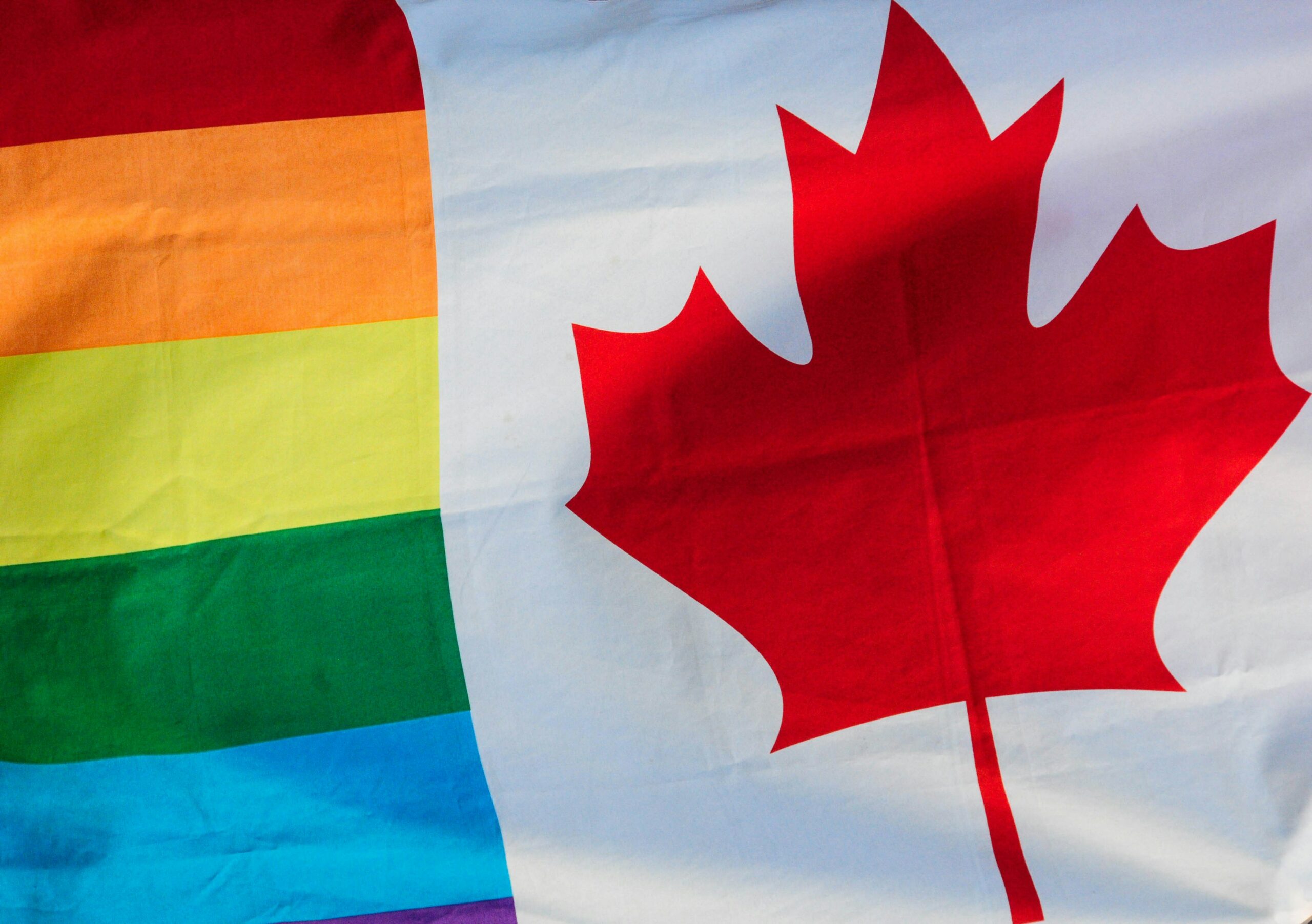
Canada’s first national study on 2SLGBTQ+ poverty launches during Pride Month
York U-led project aims to drive social and economic change in support of 2SLGBTQ+ communities
TORONTO, June 27, 2024 – Just how widespread — and persistent — is poverty within 2SLGBTQ+ communities in Canada? Municipal and provincial 2SLGBTQ+ poverty-related studies offer glimpses but there is no national measure. Research led by York University and launched during Pride Month looks to fill that gap.
“The goals of our project reflect mounting and disturbing evidence that members of our community cannot take the time to celebrate, as some are deprived of basic necessities such as food and shelter,” says Nick Mulé, professor in the Faculty of Liberal Arts and Professional Studies cross-appointed to the Faculty of Health, and director of the 2SLGBTQ+ Poverty in Canada Project. Housed at York, the project is conducting the first national study addressing poverty in 2SLGBTQ+ communities.
“It’s one thing to experience poverty, whether they were born into it, grew up in it, or fell into it,” says Mulé, who teaches at both York’s School of Social Work and School of Gender, Sexuality and Women’s Studies, “but when you’re a member of these communities issues become compounded with regards to discrimination, with regards to stigmatization, lack of self-esteem, difficulty accessing education, getting work, retaining work.”
In celebration of Pride, the 2SLGBTQ+ Poverty in Canada: Improving Livelihood and Social Wellbeing study launched with a national survey, which is rolling out across the country, province-by-province, territory-by-territory, throughout the summer.
Led by Mulé, the study aims to advance social and economic change in support of 2SLGBTQ+ communities. Mulé says a motivating factor driving the research was hearing from community organizations that their advocacy work would hit roadblocks when policymakers and governments would ask for evidence. Recognizing this need for nationally representative data to inform policy, funding, and programming decisions in government, academia and at the community level, the project is dedicated to producing high-impact, policy-relevant knowledge.

“We will produce an evidence-based portrait of poverty,” says Mulé, adding that the United States is eight to 10 years ahead of Canada with this type of data collection.
The project was awarded $2.5 million in funding from the Social Sciences and Humanities Research Council of Canada. The comprehensive survey covers individual and household incomes, employment, education levels, housing stability, food security, access to health care and social support, experiences of discrimination and more. The survey will also allow respondents to indicate whether they would be interested in participating in individual interviews, a focus group or both.
“We are looking at the extent and experiences of poverty amongst the 2SLGBTQ+ community,” explains Mulé. “We will also look at the effects of poverty in the lives of people from these communities.”
This critical information will allow for reliable comparisons between 2SLGBTQ+ people and the general population. “We hope to produce outputs that will be helpful to the community, that they can use, and that we will use as researchers to advocate for change,” says Mulé.
Launching the survey during Pride was significant for the researchers. “Every June, public institutions, civil society organizations, and leaders from many sectors share in celebrating Pride, positioning themselves as stewards of the hard-fought progress made in recognizing the human rights of 2SLGBTQ+ people in Canada,” says Mulé. “Despite this progress, for 2SLGBTQ+ communities, Pride is a time of deep reflection, community mobilization, and an opportunity to draw attention to the socio-economic disparities affecting our collective well-being and our differing abilities to celebrate Pride.”
Members of 2SLGBTQ+ communities across Canada who are 16 years or older are encouraged to contribute to this research by participating in the study.
The project is co-directed by Maryam Dilmaghani, professor of economics in the Sobey School of Business at Saint Mary’s University. Leading the quantitative and qualitative data gathering are Todd Coleman, assistant professor in the Department of Health Sciences at Wilfrid Laurier University and co-chair of the project’s quantitative research team; and Andrea Daley, professor in the School of Social Work, Renison University College at the University of Waterloo and co-chair of the project’s qualitative research team.
For more information about the national survey or the 2SLGBTQ+ Poverty in Canada Project, visit the study's website.
